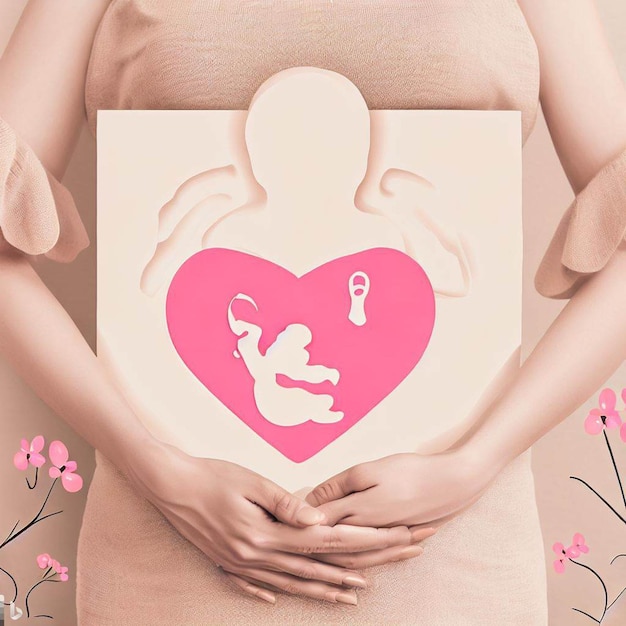Protecting Your Placenta: Things You Can Do
Many women unknowingly put their unborn babies at risk by exposing themselves to various toxins. These include endocrine disruptors, toxic metals, and harmful organisms. Often, these toxins are hidden in everyday items, making it difficult to avoid them. For instance, even something as common as receipt paper can contain dangerous chemicals like BPA.
Avoid BPA, and Even BPA-Free Items
Most people are aware of the dangers of BPA, but what about its replacements? BPF and BPS, often used in BPA-free products, can be just as harmful, if not more so. Both are linked to neurodevelopmental issues and can be transferred across the placenta to your baby.
Avoid Flame Retardants
Many everyday items contain toxic flame retardants that pose risks to both adults and children. While fire safety is crucial, constant exposure to these toxins can affect neurological development. Common sources of flame retardants include furniture, clothing, and car seats. It’s essential to take precautions to protect your unborn child from these chemicals.
Be Cautious About Lyme Disease
The placenta acts as a gateway, allowing various bacteria to pass through. Unfortunately, this includes the bacteria that cause Lyme disease. There have been cases where undiagnosed Lyme disease in mothers has led to lifelong health issues for their children. It’s crucial to be aware of this risk and take steps to prevent Lyme disease during pregnancy.
Ditch the Antibacterial Soaps
Antibacterial soaps can kill both harmful and beneficial bacteria. Additionally, they often contain triclosan, an ingredient that has raised health concerns. The FDA has noted that long-term exposure to triclosan could pose health risks, such as bacterial resistance or hormonal effects. While it’s not known to cause hazardous effects, the potential long-term impact on a newborn baby could be significant.
Balance the Bacteria in Your Gut
Recent studies suggest that the microbiome of the placenta can significantly affect the baby’s health. The amount of harmful toxins and bacteria a pregnant woman is exposed to can impact the overall health of the placenta and the baby. Taking a probiotic supplement can help promote a healthy balance of gut flora.
Stay Away from Mercury
Mercury exposure can have severe neurological effects. A historical example is the mercury leak in Minamata, Japan, which caused widespread health issues, including cerebral palsy in children born during that time. To avoid mercury during pregnancy, steer clear of fish high in mercury, high-fructose corn syrup, and mercury amalgams.
Be Safe with Pharmaceuticals
Any drugs you take during pregnancy can be transmitted to your baby, even as early as the first trimester. It’s essential to ensure a safe and healthy environment for your baby during the developmental stages. While studies have shown that babies affected by maternal drug use can perform normally with proper care and education, it’s best to avoid unnecessary medications.
Protecting Your Placenta Protects Your Baby
The bottom line is to avoid plastics, flame retardants, and high levels of mercury to ensure your baby’s health. The well-being of your unborn baby is a top priority for every expecting parent, so it’s always better to be overly cautious.

